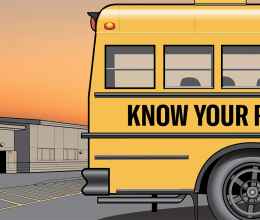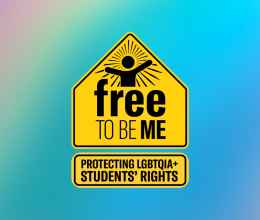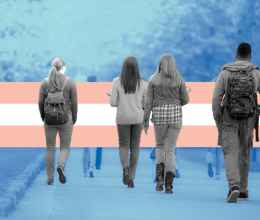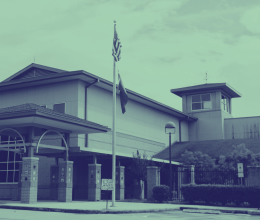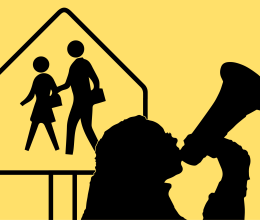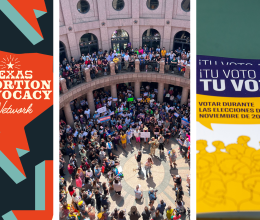
Filtering Software From Fortiguard And M86 Solutions Expose Public Schools Across the Country To Liability For Viewpoint-Based Censorship
FOR IMMEDIATE RELEASE
CONTACT: Victor Cornell, ACLU of Texas, (512) 478-7300; [email protected]
Robyn Shepherd, ACLU national, (212) 519-7829 or 549-2666; [email protected]
AUSTIN – The American Civil Liberties Union and the ACLU of Texas received confirmation that school officials at Aldine Independent School District in Houston and Northwest Independent School District in Fort Worth have agreed to stop viewpoint-based censorship of web content geared toward the lesbian, gay, bisexual and transgender (LGBT) communities. The ACLU sent demand letters to the districts as part of the organization’s national “Don’t Filter Me” initiative, which seeks to combat illegal censorship of pro-LGBT information on public school computer systems. Five school districts throughout Texas have received letters from the ACLU in response to student complaints about anti-LGBT censorship.
“No student should be denied access to legitimate information, and Aldine and Northwest school officials did the right thing by taking prompt action to restore that access,” said Lisa Graybill, Legal Director of the ACLU of Texas. “All schools should ensure that their web filters are configured to provide students with viewpoint-neutral access to the Internet.”
Software provided by filtering companies frequently includes a specialized filter that is designed specifically to censor LGBT-related materials that would not otherwise be blocked as sexually explicit or pornographic. Aldine ISD had activated a filter called “Lifestyle” on its software provided by M86 Solutions. Northwest ISD had activated a filter called “Homosexuality” on its software provided by Fortiguard.
After receiving the ACLU’s letter, Aldine ISD disabled the “Lifestyle” filter and thanked the ACLU for bringing the matter to its attention. Northwest informed the ACLU that it had recently disabled the “Homosexuality” filter the week before receiving the ACLU’s letter.
Alice Sparks, a senior at Northwest High School in Haslet, Texas, first brought the filtering to Northwest’s attention several months ago: “I talked to my school months ago about how the web filters at school block the websites for GLSEN and Day of Silence, and I thought they were going to fix things back then. I’m really relieved and happy that we finally have access to this information that so many students really need.”
Last week, a widely used filtering company, Lightspeed System, announced that it would remove a similar filter from its software, which blocked access to educational LGBT websites. The ACLU has identified five filtering companies – including M86 and Fortiguard –that continue to use a specialized filter designed to target LGBT content that is not pornographic or sexually explicit.
“We hope that M86 and Fortigaurd follow Lightspeed’s lead and disable filters designed to discriminate against LGBT viewpoints,” said Joshua Block, staff attorney with the ACLU LGBT Project. “The vast majority of school districts have no desire to discriminate against LGBT-related content and are simply trying to protect their students from pornographic or sexually explicit materials. Why should a software company include a feature that could be mistakenly activated and cause the school to violate the Constitution? By failing to step in to remove these filters, M86 and Fortiguard are doing a disservice to their customers and the students they serve.”
When used by a public school, programs that block all LGBT content violate First Amendment rights to free speech, as well as the Equal Access Act, which requires equal access to school resources for all extracurricular clubs. This means that gay-straight alliances and LGBT support groups must have the same access to national organizational websites that help them to function, just as other groups such as the Key Club and the chess club are able to access their national websites. By blocking access to LGBT websites, schools deny helpful information to gay-straight alliances and other support groups that could be vital for troubled LGBT youth who either don’t have access to the Internet at home or do not feel safe accessing such information on their home computers.
A video showing students how to test whether or not their school is illegally filtering content, and providing instructions for reporting censorship can be seen here: www.aclu.org/lgbt-rights/dont-filter-me
Students who want to report unconstitutional web filtering at their schools can fill out a form at: action.aclu.org/dontfilterme
More information on the ACLU’s work on LGBT school issues can be found here: www.aclu.org/safeschools
http://www.aclutx.org/
